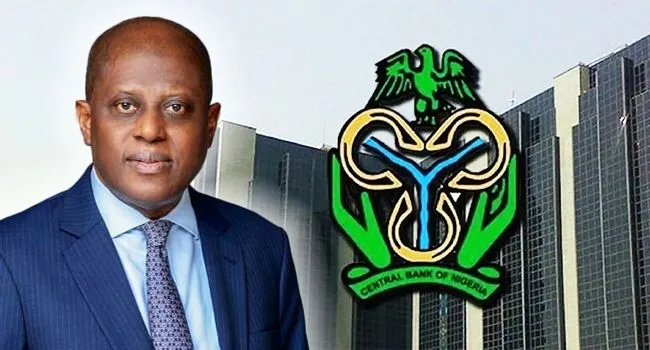The Central Bank of Nigeria (CBN) has announced the sales of dollars to 1, 588 Bureau De Change (BDC) operators to meet retail market demand for eligible transactions.
A statement by the apex bank on Monday said it will sell $10, 000 to each of the BDCs at the rate of N1,101/$1, adding that the BDCs are to sell to eligible customers at a spread of not more than 1.5 per cent above the purchase price.
The statement read, “We write to inform you of the sale of $10,000 by the CBN to BDCs at the rate of 1,101/$. The BDCs are, in turn, to sell to eligible end users at a spread not more than 1.5 per cent of the purchase price.”
The listed eligible BDCs have been directed to commence payment of the naira deposits into four CBN accounts, starting from April 8, 2024.
The apex bank also asked the operators to submit proof of payment and other documents at the appropriate CBN branches for disbursement.
The development comes following the sale of $10,000 to BDCs at a rate of N1,251/$ in March.
Read Also: Nigerian Economy Has Recorded Over $1.5bn Inflow In Days -CBN
The Association of BDC Operators of Nigeria had earlier appealed to the CBN to adjust and lower its applicable exchange rate below the N1,251/$ it pegged for its members.
The naira has appreciated against the dollar in recent weeks, gaining over 40%, from about N1,900/$ to about N1,200/$1 now.
The Central Bank of Nigeria, (CBN), has banned the use of foreign denominated collaterals for naira loans.
However, Eurobonds issued by the Federal Government of Nigeria or Guarantees of foreign banks, including Standby Letters of Credit, are exempted from the ban.
The Central Bank of Nigeria (CBN) has given banks three months to wind up naira loans that have been backed up by foreign currency (FCY) denominated collaterals, saying its use is now prohibited.
In a letter to all banks issued by the acting Director Banking Supervision department of the CBN, Dr Adetona Adedeji, the apex bank said it observed that bank customers in the country have been using foreign currencies as collateral on naira loans.

